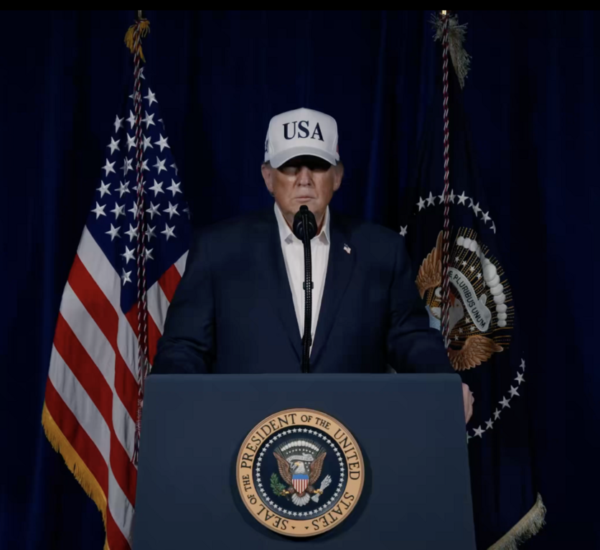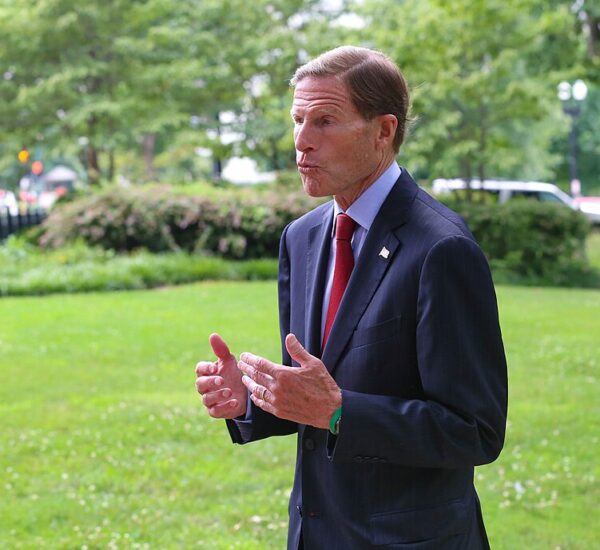Here’s the latest update.
President Donald Trump’s bold move to end automatic birthright citizenship in the U.S. just gained serious momentum—and the Supreme Court may have cleared the runway for parts of his immigration crackdown to finally take effect.
For decades, illegal immigrants and foreign nationals have taken advantage of the 14th Amendment to secure instant U.S. citizenship for their children—even if they were here unlawfully. But now, a landmark Supreme Court ruling limiting nationwide injunctions has thrown the door wide open for Trump’s executive order to move forward in certain states.
What Changed? A Legal Earthquake That Weakens Liberal Judges’ Control
The June 27 decision doesn’t immediately implement Trump’s policy nationwide, but it blocks activist judges from shutting it down across all 50 states. Instead, legal challenges must now be more targeted—giving red states a chance to enforce Trump’s policy even while lawsuits play out elsewhere.
According to Carrie Severino, a constitutional expert and president of the conservative Judicial Crisis Network, this could upend how birthright citizenship is handled—at least temporarily. “Hospitals typically hand out Social Security numbers at birth automatically. That may no longer be the case everywhere,” she told Fox News Digital.
Why This Matters: A Direct Hit on the Left’s Open-Borders Agenda
Liberal states and pro-illegal immigration groups have been in a legal frenzy trying to block Trump’s efforts. His executive order, signed early in his presidency, seeks to redefine the scope of the 14th Amendment and stop foreigners from gaming the system by giving birth in the U.S. just to obtain citizenship for their children.
For too long, left-wing judges have used nationwide injunctions to block conservative reforms before they can even be tested. Now, with this Supreme Court ruling, Trump’s America First immigration policies have a fighting chance.
Judges Push Back, But the Tide Is Turning
Judge John Coughenour—a Reagan appointee now siding with the left—tried to block Trump’s move earlier this year, claiming only Congress could make such changes. But the Supreme Court’s new stance suggests that argument may no longer hold nationwide weight.
Within hours of the ruling, liberal attorneys in Maryland tried to convert their case into a class action lawsuit to stop the executive order from affecting future births. This kind of panic response shows just how high the stakes have become.
Could Babies in Some States Be Denied Citizenship? It’s Possible.
Some legal experts now warn that if liberal judges can’t find a new workaround fast, Trump’s policy could take effect in parts of the country—and children born to illegal immigrants might no longer qualify for automatic citizenship.
Immigration activists are calling this scenario “unthinkable,” but many conservatives see it as a long-overdue return to common sense. After all, no sovereign nation should hand out citizenship to anyone who breaks its laws.
Coming Soon: A Showdown at the Supreme Court
While this round was about legal procedures, not the core of Trump’s policy, the next court battle will likely decide the future of birthright citizenship itself. And this time, the Supreme Court may have to answer the real question: Does the Constitution truly guarantee citizenship to the children of illegal immigrants?
Severino believes the six conservative justices will rely on historical context and original intent—especially since the 14th Amendment was written in 1868, long before the rise of illegal immigration and the entitlement state.
Michael Moreland, a law professor at Villanova, agrees that debate has always centered on the phrase “subject to the jurisdiction thereof.” Does that mean everyone? Or only those here legally under U.S. jurisdiction?
Trump’s Argument: Common Sense, Not Controversy
The Trump administration has been clear: birthright citizenship is being exploited, and it’s time to put American citizens first. Migrants who sneak across the border, or fly in just to give birth, should not be rewarded with automatic benefits for their children.
For over 150 years, courts have mostly upheld blanket birthright citizenship. But that precedent may soon face its biggest challenge yet—especially with a Court no longer afraid to defy liberal orthodoxy.







Boost your income effortlessly—join our affiliate network now! https://shorturl.fm/mhWAV